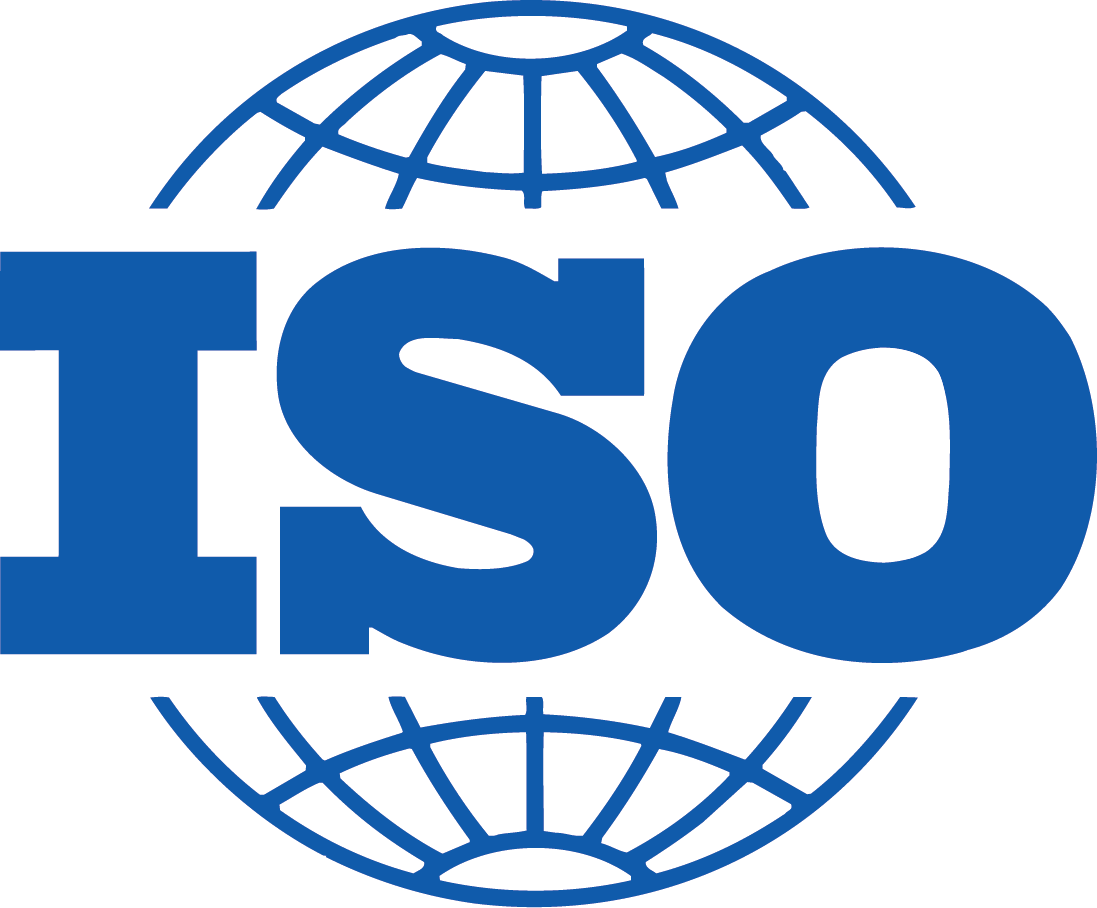Do Mobile Phones Need ISO Registration?

The mobile phone industry is one of the fastest-growing sectors worldwide, with millions of devices being manufactured and sold every year. As competition increases, the importance of quality, safety, and compliance has become a priority for manufacturers and importers. This raises an important question: Do mobile phones need ISO registration? The answer depends on distinguishing between legal requirements and quality certifications. While BIS registration is compulsory in India, ISO registration for mobile phones is voluntary but highly beneficial for brand reputation and international trade.
What is ISO Registration?
ISO, or the International Organization for Standardization, develops globally accepted standards for products and services. These standards focus on quality management, environmental responsibility, safety, and information security. ISO registration for mobile phones does not mean approval of a single device model—it refers to the certification of the processes, systems, and management practices used in designing, manufacturing, and distributing mobile devices.
Why ISO Registration Matters for Mobile Phones
Although ISO certification is not legally mandatory for mobile phones in India, it offers multiple advantages:
-
Quality Assurance: ISO 9001 certification confirms that a company follows standardized quality management practices in its production.
-
Global Acceptance: Many countries prefer imports from ISO-certified manufacturers.
-
Customer Trust: Certification gives customers confidence in product durability and safety.
-
Process Efficiency: ISO standards improve internal processes, reduce wastage, and boost productivity.
-
Brand Reputation: For mobile phone brands, ISO registration adds credibility in competitive markets.
Thus, ISO registration for mobile phones is not a legal necessity but a strategic business decision that enhances overall growth and sustainability.
Legal Requirements vs ISO Registration
In India, it is important to understand the difference between compulsory and voluntary registrations:
-
BIS CRS Registration (Mandatory): The Bureau of Indian Standards (BIS), under the Ministry of Electronics and Information Technology (MeitY), has made CRS registration compulsory for mobile phones, batteries, chargers, and adapters. Without BIS approval, mobile devices cannot be legally sold in the Indian market.
-
ISO Registration for Mobile Phones (Voluntary): ISO certification is not compulsory. Instead, it complements BIS registration by ensuring international standard compliance for processes, safety, and management.
This means that while a company can sell mobile phones without ISO certification in India (as long as they have BIS approval), obtaining ISO registration for mobile phones strengthens their position in both domestic and international markets.
Types of ISO Certifications Relevant for Mobile Phones
Several ISO standards are particularly relevant for the mobile phone industry:
-
ISO 9001 – Quality Management System
-
ISO 14001 – Environmental Management System
-
ISO 27001 – Information Security Management System
-
ISO 45001 – Occupational Health & Safety Management
Each certification adds a different layer of assurance, making mobile phone companies more competitive and trustworthy.
Benefits of ISO Registration for Mobile Phones
-
Boosts Global Trade Opportunities – Essential for export markets.
-
Enhances Credibility – Customers prefer certified brands.
-
Improves Efficiency – Standardized processes reduce errors and costs.
-
Supports Compliance – Aligns with global best practices in safety and environment.
-
Long-Term Growth – Increases chances of partnerships, funding, and global expansion.
Conclusion
To answer the key question—Do mobile phones need ISO registration?—the legal requirement in India is BIS CRS registration, which is mandatory for selling mobile phones. However, ISO registration for mobile phones is voluntary and acts as a quality benchmark, improving brand reputation, customer trust, and global acceptance.
For mobile phone manufacturers and importers, investing in ISO certification is not just about compliance; it is about building a long-term competitive edge in the global market.






